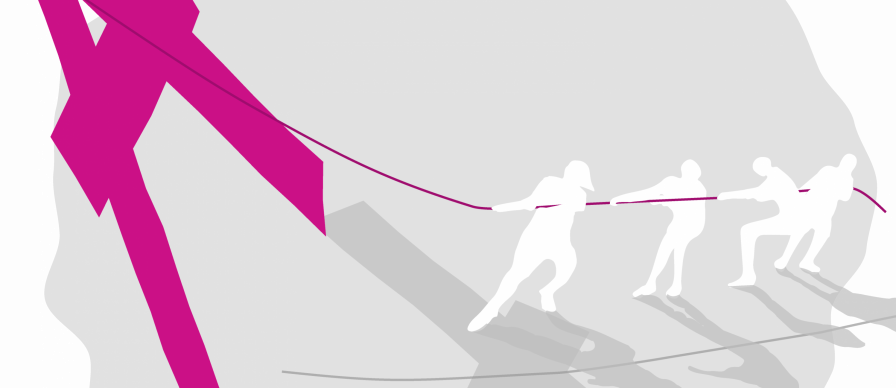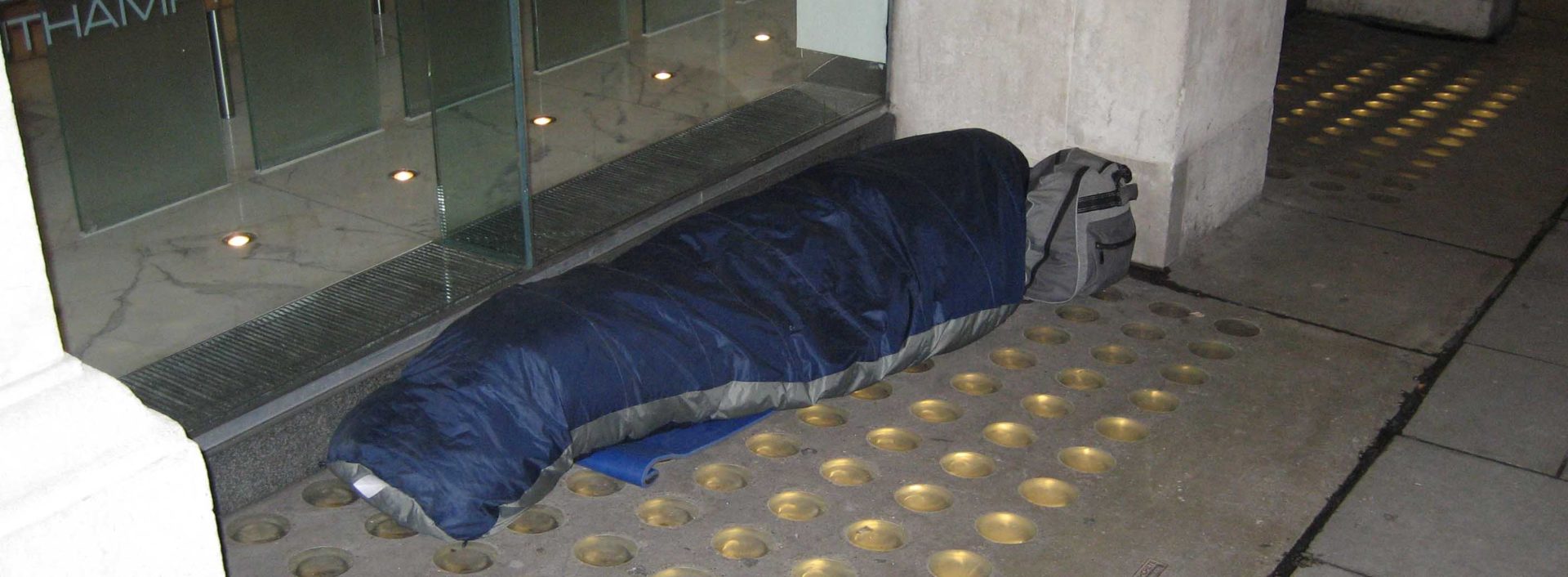Our work showed that in 18 months, more than 800 people died homeless in this country.
Guest Blog by Rachel Hamada of The Bureau Local.
To introduce ourselves quickly, we are the Bureau Local. We sprung out of the Bureau for Investigative Journalism, and we’re a small team (just six people), but a big network of more than 1,000 members across the UK. When we started two years ago we were trying to address the crisis in local news, as communities across the country were losing their local reporters, leaving no one to hold those in power to account.
We expected local reporters, other journalists and bloggers to sign up to our new network. But others joined in droves: tech people, lawyers, academics, activists and community leaders. We realised then that we should be building a new kind of journalism.
This kind of journalism was not just about publishing a story, but about finding what communities’ needs and concerns are and how these can be taken to decision makers to affect positive change. We ourselves were part of a wider ecosystem, aimed at not just identifying “bad” in the world but also working out how to move things in a better direction.
Journalism has often in the past been about competition for stories and profits. There is a move now to much more collaboration, and we needed someone to coordinate that collaboration across our thriving network. We took on a community organiser, a fairly new role in journalism.
I am currently the community organiser for the Bureau Local, and it’s been a challenging and rewarding job. But there is so much for us still to learn from other community organisers, and so many exciting ways community organisers across the UK and journalists can work together to make sure that community issues can be raised and taken to the highest levels to improve things.
With our Dying Homeless investigation, we worked with our network and grassroots organisations and gathered details of homeless deaths and the stories of those who died over a year. We built trust so that people would share stories and feel that they would be respected.
At the end of the investigation, our members published local stories all over the country (almost 100 in total), and we partnered with Channel 4 News on a 20-minute lead news item highlighting the shocking numbers of deaths.
Read the Big Issue on our Dying Homeless investigation
The final Dying Homeless count shows 796 people died in 18 months
And this work did lead to change — the Office of National Statistics began recording these deaths, producing the first official data and sparking yet more debate about the issue. BBC’s Comic Relief later used our findings and put out a fundraising campaign for homelessness services. And across the country local officials began reviewing how and why people had died.
The hope is that as patterns are identified, policies can be put in place to save lives — we showed also that treatable illnesses are often the cause of death for homeless people at a rate far higher than even the most economically deprived housed group.
We are now moving to reporting on housing issues, but the Museum of Homelessness is continuing our work to record the stories of those who died.

We also held a roundtable meeting with some of our key collaborators to get their reflections on the project and thoughts about what we should do next, and we have opened this up to our network through an online survey.
As we go forward, we are really keen for more community organisers to join our network — there is so much two-way learning that could happen between the new community-focused, non-profit wave of journalism and the excellent community organising happening on the ground today.
Talking of which, we had a journalist/community organiser discussion the other day, which resulted in a series of useful tips — you can read these in our open newsroom notes here.
We are also hosting an event in Leeds: Organising the Organisers — for organisers in, around and interested in journalism, and we would love you to join us.
If you have any questions for us about how we work or how you might get involved, or are interested in co-hosting events with local journalists, please do get in touch.
Rachel Hamada has worked as a journalist for 16 years, with a particular interest in social justice and marginalised communities.




